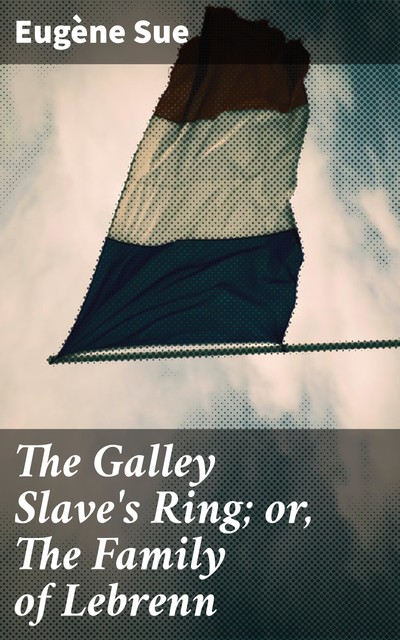Eug√®ne Sue's “The Galley Slave's Ring; or, The Family of Lebrenn” intricately weaves a tale of intrigue, social injustice, and the human spirit's resilience amidst the oppressive structures of 19th-century France. The narrative is punctuated by Sue's keen observations of societal decay and moral dilemmas, employing a rich, vivid literary style characteristic of the French Romantic period. His compelling characters navigate themes of love, betrayal, and redemption, painting a stark picture of the tumultuous societal landscape while engaging with the urgent philosophical questions of free will and determinism. Eug√®ne Sue was not only a prolific novelist but also an ardent social reformer. His background as a physician and his profound empathy for the underprivileged deeply informed his writing. Sue's own experiences with the inequalities of his time are expertly infused into this narrative, making his exploration of familial ties and moral contradictions both personal and universal. This novel can be seen as a direct response to the social injustices he witnessed and sought to remedy through literature. “The Galley Slave's Ring” is a compelling exploration of human resilience and societal critique that remains relevant to contemporary readers. Sue's masterful storytelling invites readers to reflect on the nature of justice and the complexities of familial bonds, rendering it an essential read for those interested in historical narratives that resonate with current social themes.


